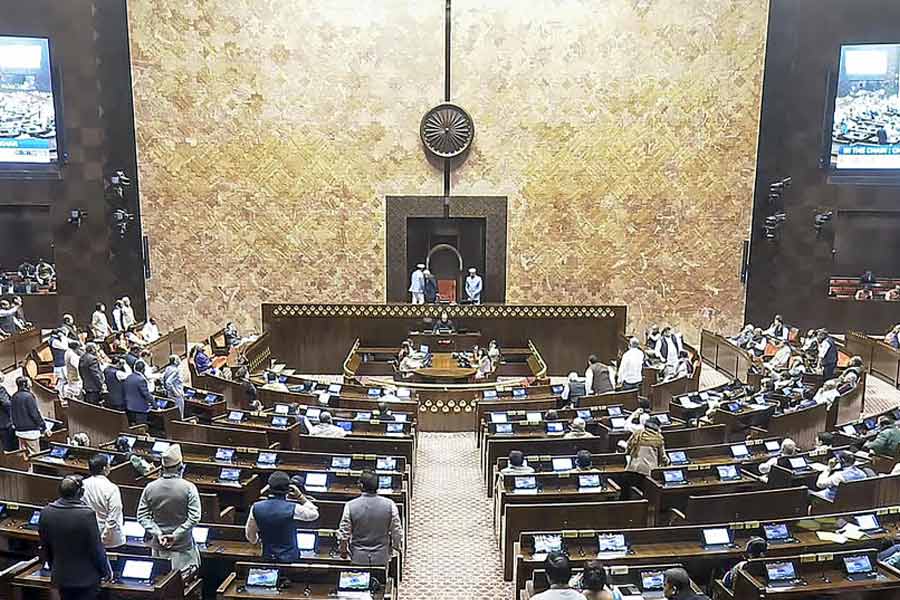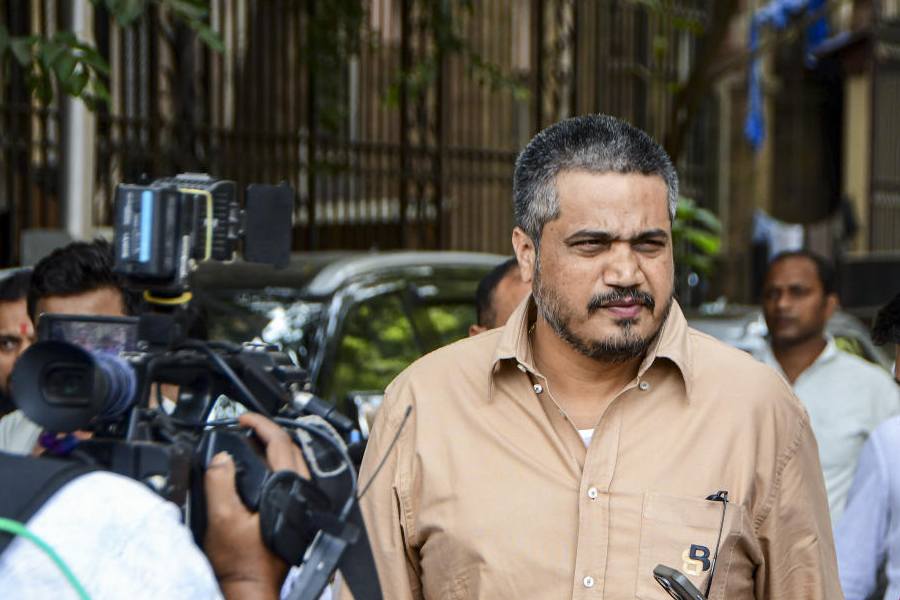Can non-Hindus be included in the administration of Hindu bodies just as non-Muslims are sought to be made part of waqf property boards through the new amendment bill, the government was asked on Thursday in the Rajya Sabha.
The issue was raised during the debate on the Waqf (Amendment) Bill 2025, which was poised to be passed in the Upper House.
Congress leader Abhishek Manu Singhvi criticised the bill for not providing an equal playing field, deeming it arbitrary. He pointed to several state laws governing Hindu religious institutions, such as the Karnataka Hindu Religious Institutions and Charitable Endowment Act 1997, and the Tamil Nadu Religious Charitable Endowment Act 1959, which ensure that only members from the respective religious community manage the religious bodies.
Singhvi asked the House whether any religious institution had allowed members from other communities to manage it, citing Andhra Pradesh chief minister N. Chandrababu Naidu’s opposition to including non-Hindus in the management of the Tirupati temple.
“I have a long list of different religious institutions in different states. I want to ask this august House, is there any institution among these where a member of any
other community has been allowed to be nominated?” Singhvi asked.
“I thank and support Chandrababu Naidu, who said how can non-Hindus come in the Tirupati board. It is a fair point. Then on what basis is the government doing this? Why is such step-motherly treatment and different yardstick being applied to one particular community? I do not mean to say that you do this with other religions. It means you should not go ahead with biased thinking,” Singhvi said.
Trinamool Congress member Mohd Nadimul Haque said the bill went against the basic structure of the Constitution and fundamental rights. He slammed the government for the provision that only those practising Islam for five years are allowed to donate to religious bodies.
“No such condition is there for people of other faiths for donating to charity. Who will certify that this Muslim has been practising for five years? What is the definition of practising Muslim? Will a Muslim go to some authority for certification about his practising faith? This is a violation of Article 14 of the Constitution,” Haque said.
Sanjay Raut of Shiv Sena(UBT) said the bill was an attempt to distract public attention from US President Donald Trump’s reciprocal tariff imposed on India.
Leader of the House and BJP president J.P. Nadda said: “Our government is following democratic norms. We set up a JPC of 31 members. This bill is in the interest of the nation.”









